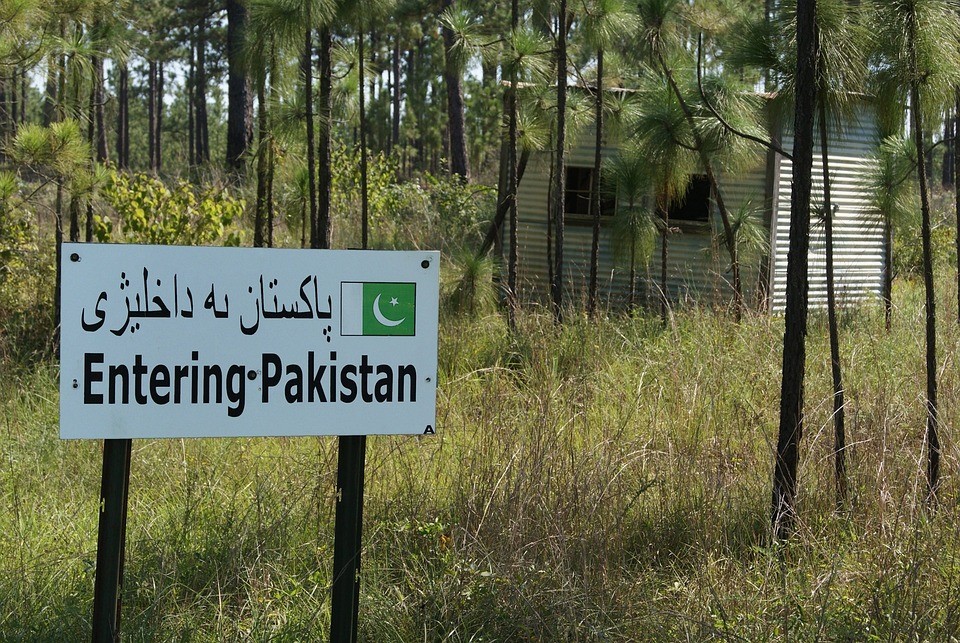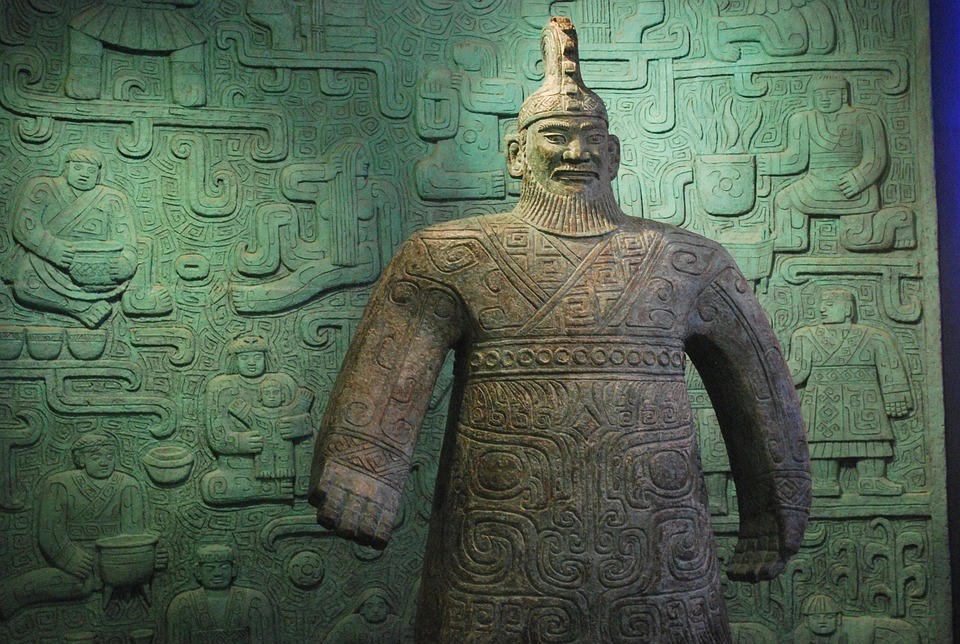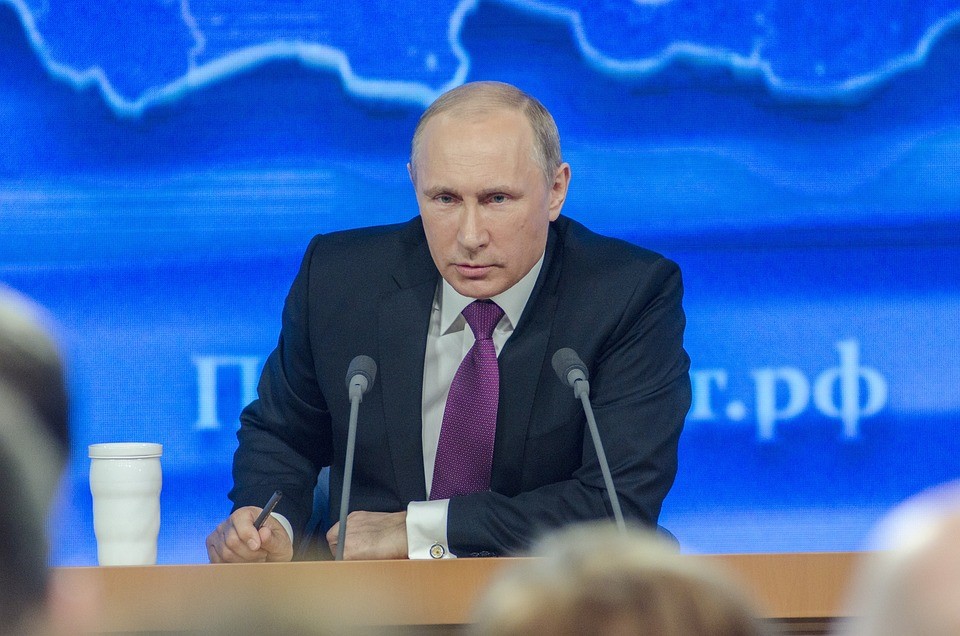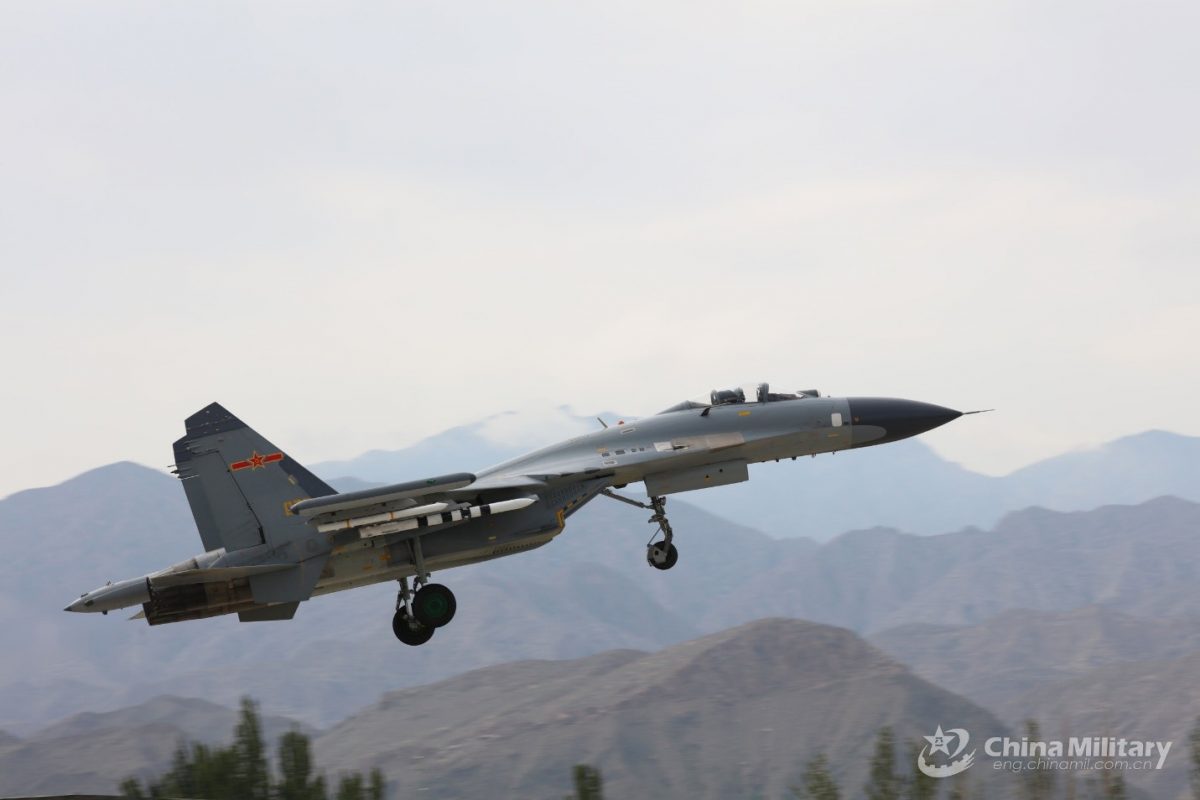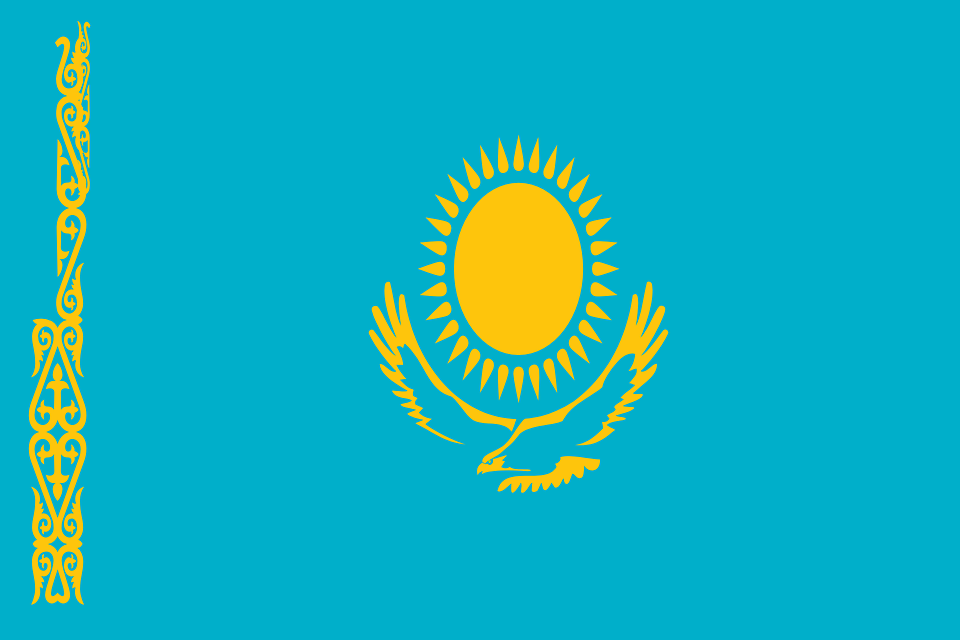The Biden White House has failed to adequately address the fentanyl crisis. Indeed, its open border policy has made the crisis significantly worse. It has ignored the desperate pleas of lawmakers to respond more forcefully to the drug, which fatally poisons one person in America every 8.57 minutes, killing 175 people every single day. “Fentanyl kills more people age 18-45 than car accidents, suicide, or COVID-19,” according to Rep. Bryan Steil (WI-R).
There were 1,531 confirmed deaths for 2021 with an increase of 11.4% compared to the previous year, 2020 . Compared to 2019, drug overdose deaths increased 27.7% in 2021.
CDC statistics reveal that 107,375 people in the United States died of drug overdoses and drug poisonings in the 12-month period ending in January 2022. A staggering 67 percent of those deaths involved synthetic opioids like fentanyl. Some of these deaths were attributed to fentanyl mixed with other illicit drugs like cocaine, methamphetamine, and heroin, with many users unaware they were actually taking fentanyl. Only two milligrams of fentanyl are considered a potentially lethal dose; it’s particularly dangerous for someone who does not have a tolerance to opioids.
The open southern border is the key factor in the increasing fentanyl challenge. U.S. Sen. John Thune (R-S.D.) has described how the Biden administration’s deliberate refusal to secure the southern border has promoted the massive influx of fentanyl. “We are in the middle of a public health crisis. With thousands of unlawful migrants flooding our southern border, cartels are able to go unnoticed as they sneak deadly substances such as fentanyl across our border,” said Dr. Michael Burgess.
Currently, China remains the primary source of fentanyl and fentanyl-related substances trafficked through international mail to Mexican drug cartels, as well as the main source for all fentanyl-related substances trafficked into the United States.
The fentanyl crisis began in earnest during the Obama-Biden Administration. The Washington Post termed the issue the “Obama Fentanyl Failure,” noting: “The fentanyl crisis represents an extraordinary public health challenge — and requires an extraordinary public health response… experts wrote to six [Obama] administration officials, including the nation’s ‘drug czar’ and the chief of the Centers for Disease Control and Prevention.”
According to Rep. Elise Stefanik (R-NY) “Joe Biden’s open border policies have allowed criminal drug networks to flood the United States more easily with fentanyl, and now enough of this lethal drug has flowed across our Southern Border to kill every American seven times over… Speaker Pelosi and House Democrats turn a blind eye to this crisis by blocking critical legislation to classify fentanyl-related substances as a Schedule I drug.”
In February, Rep. Steil led 116 Republicans on a letter to President Biden urging the Administration to take immediate action to stem the fentanyl scourge coming from China and across the southern border.
Rep, Warren Davidson emphasized that “Border security is national security. Criminal cartels have more control over our southern border than our own Border Patrol, allowing fentanyl and fentanyl-related substances to flood our communities and kill Americans. It is time this administration obeys the law and uses enforcement to secure our border, [and] protect American lives…”
The crisis has taken an even more sinister turn as deliberate attempts to attract children has become evident. In August, the Drug Enforcement Agency (DEA) warned that there is an alarming emerging trend of colorful fentanyl available across the United States. In August 2022, DEA and our law enforcement partners seized brightly-colored fentanyl and fentanyl pills in 18 states. Dubbed ‘rainbow fentanyl’ in the media, this trend appears to be a new method used by drug cartels to sell highly addictive and potentially deadly fentanyl made to look like candy to children and young people. “Rainbow fentanyl—fentanyl pills and powder that come in a variety of bright colors, shapes, and sizes—is a deliberate effort by drug traffickers to drive addiction amongst kids and young adults,” said DEA Administrator Anne Milgram.”
Illustration: Fentanyl intentionally made to look like candy (CDC)

